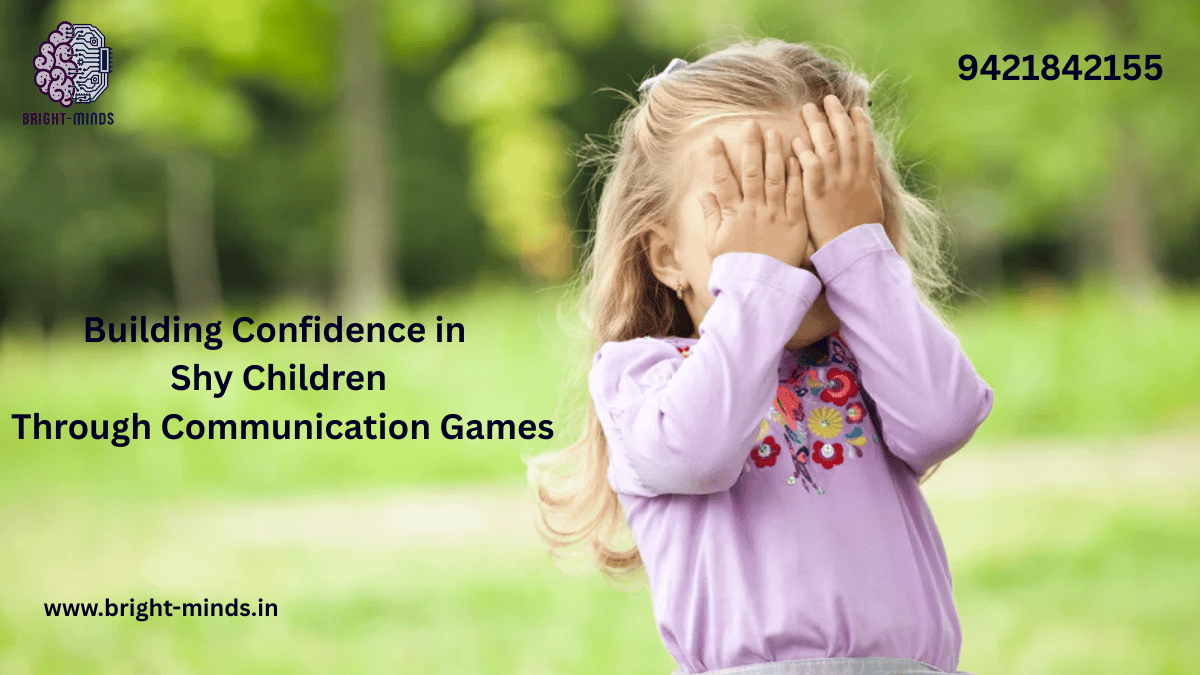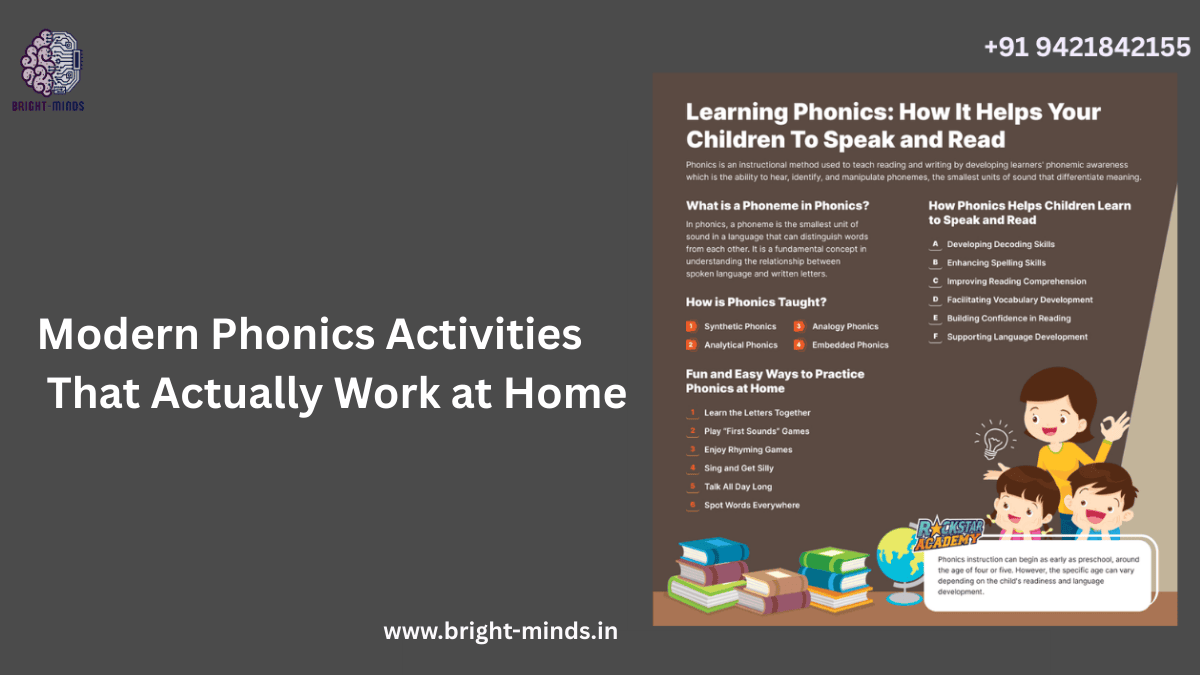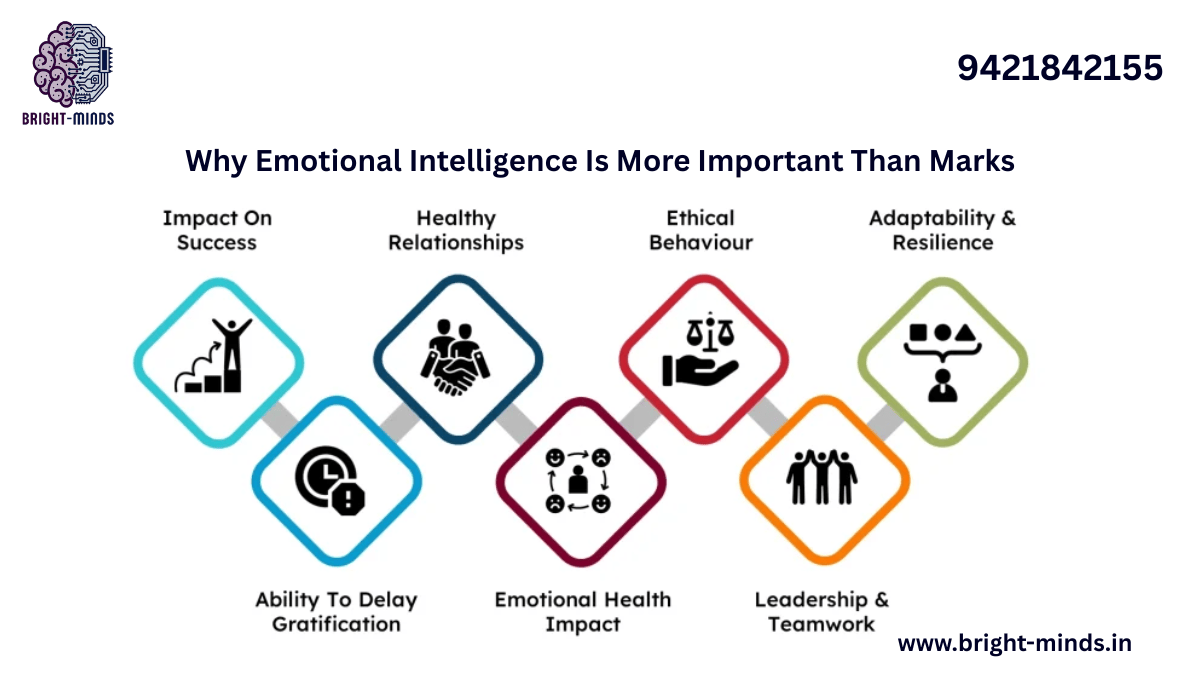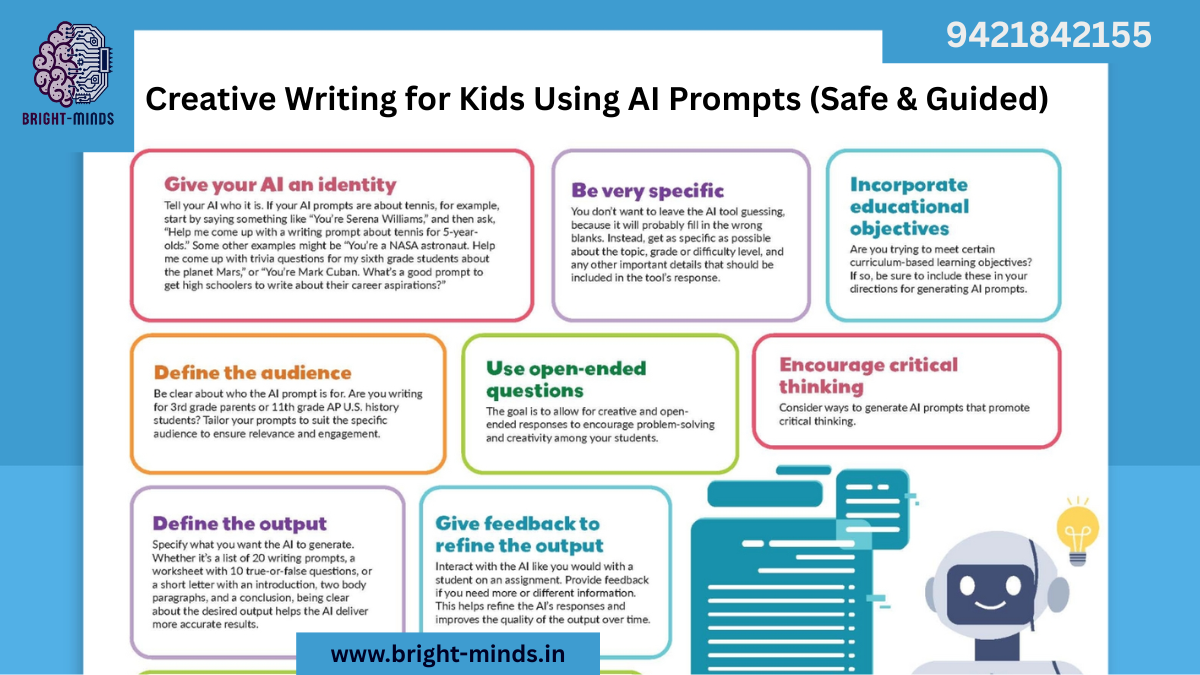STEM for Early Learners: Simple Activities Parents Can Try Children are natural explorers. They ask endless “why” questions, stack blocks into towers, mix water with mud, and watch ants march across sidewalks. These everyday moments are perfect opportunities to introduce STEM for early learners—an approach that nurtures curiosity through science, […]
Read More
Building Confidence in Shy Children Through Communication Games
Many children hesitate to speak in groups, avoid eye contact, or stay silent even when they know the answer. Shyness is not a flaw—it is a personality trait. Yet when it prevents children from expressing ideas, making friends, or participating in school or workplace-style activities, confidence-building becomes essential. Building confidence […]
Read More
Modern Phonics Activities That Actually Work at Home
Learning to read is one of the most exciting milestones in a child’s life. Yet for many parents and educators, teaching phonics can feel confusing, outdated, or overwhelming. Worksheets pile up, attention spans shrink, and children lose interest quickly. That’s where modern phonics activities at home come in. Today’s phonics […]
Read More
Why Emotional Intelligence Is More Important Than Marks
For decades, exam scores and report cards have dominated how we define success. Parents celebrate high grades, schools rank students by marks, and companies shortlist candidates based on academic performance. But today’s world—shaped by automation, artificial intelligence, remote work, and constant change—demands something more human. Employers increasingly ask: Can this […]
Read More
Handwriting vs Typing: What Research Says in 2026
Open any classroom or office today and you will see laptops, tablets, smart pens, and cloud-based documents everywhere. Children submit homework online, professionals take meeting notes in collaborative apps, and AI tools summarize conversations in seconds. Yet one question keeps returning: Is writing by hand still important—or has typing completely […]
Read More
How to Improve Kids’ Attention Span in a Fast-Tech World
Tablets, smartphones, smart TVs, learning apps, online classes, and gaming consoles now surround children almost everywhere. While technology has brought powerful educational opportunities, it has also changed how young minds process information. Many parents and teachers today ask the same question: How can we improve kids attention span when distractions […]
Read More
Creative Writing for Kids Using AI Prompts (Safe & Guided)
Introduction: Why Creative Writing for Kids Using AI Prompts Matters Today Storytelling has always been one of the most powerful ways for children to express emotions, develop language skills, and stretch their imagination. In today’s digital-first world, technology has entered classrooms and homes in exciting new ways—and one of the […]
Read More
Creative Writing for Kids Using AI Prompts (Safe & Guided)
Creative writing has always been one of the most powerful tools to develop a child’s imagination, language skills, and confidence. Today, with the rise of artificial intelligence, a new opportunity has emerged—creative writing for kids using AI prompts. When used safely and under guidance, AI can become a creative companion […]
Read More
How Parents Can Support Hybrid Learning (Online + Offline)
Hybrid Learning for Parents: A Complete Support Guide In 2026, learning is no longer limited to a classroom or a single screen. Children today attend school physically, complete assignments online, join virtual classes, and use educational apps — all in the same week. This combined system is known as hybrid […]
Read More
Gamified Learning: Best Educational Games for Kids in 2026
Gamified Learning for Kids: Best Educational Games in 2026 In 2026, children no longer learn only from textbooks and worksheets. Today, learning happens through interactive games, challenges, digital adventures, and smart apps. This exciting new approach is called gamified learning for kids, and it is changing how children understand the […]
Read More
